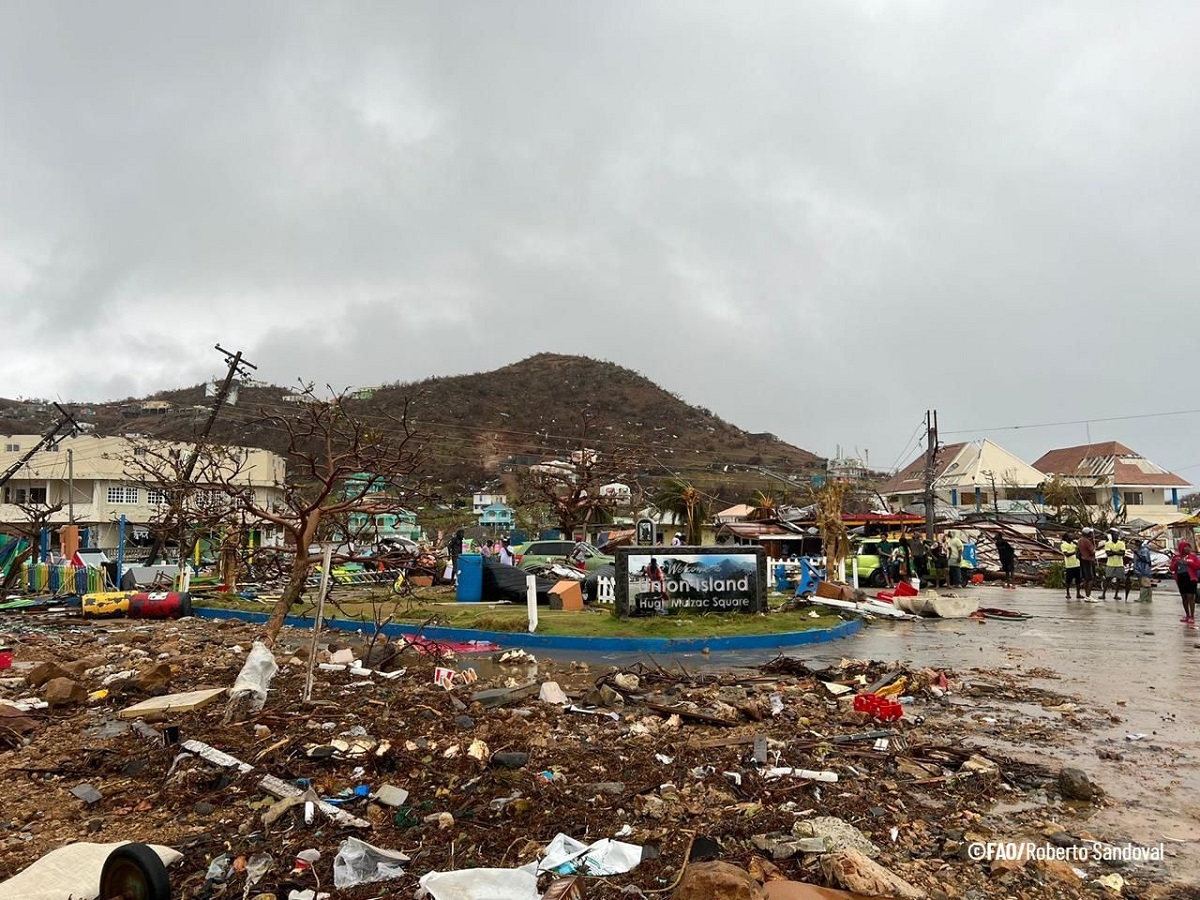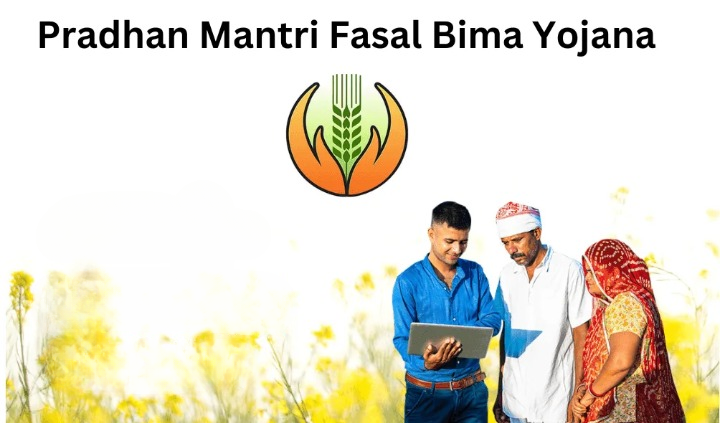
In response to the devastating impact of Hurricane Beryl on the Caribbean, the Food and Agriculture Organization of the United Nations (FAO) has swiftly mobilized support for the affected regions. Working under the leadership of the Caribbean Disaster Emergency Management Agency (CDEMA), the FAO, as part of the United Nations Emergency Technical Teams (UNETT), is conducting rapid needs assessments and preparing proposals to restore production and livelihoods.
Utilizing Advanced Technology for Damage Assessment
The FAO is employing drones and satellite remote sensing to perform damage and needs assessments. This advanced technology, combined with ground-level data collection through surveys and key informant interviews, is essential for guiding effective response and recovery planning. Collaborating with the Ministries of Agriculture and CDEMA, Caribbean governments are assessing the full extent of the damage caused by the hurricane.
Addressing Primary Humanitarian Needs
Preliminary assessments highlight several critical areas of need within the food security sector:
- Restoring Fishing Capacity: Aid is focused on helping artisanal fishermen and those involved in the value chain, including providing equipment and infrastructure for processing, conservation, and transformation.
- Recovering Affected Crops: Provision of planting materials and inputs for short-cycle crops to offer alternative sources of food and income.
- Supporting Vulnerable Populations: Implementation of cash transfers and other mechanisms to ensure the most vulnerable fishermen and farmers can meet basic needs.
- Providing Food Assistance: Delivering food aid to the affected population.
Extent of the Damage
Initial reports indicate that approximately 60,000 people in Grenada, St. Vincent, and the Grenadines require humanitarian assistance. The hurricane caused significant losses in fishing capacity, including damage to vessels, infrastructure, and equipment, as well as to crops and livestock. In Jamaica, agricultural damage is estimated at over US$6.4 million, affecting vegetables, fruits, livestock, and fisheries.
Mobilizing International Support
The FAO has immediately activated its Special Fund for Emergency and Rehabilitation Activities (SFERA) to bolster coordination and response efforts in the affected countries. This involves deploying staff, conducting field missions, managing logistics, forging partnerships, mobilizing resources, and providing technical assistance.
Mario Lubetkin, FAO Assistant Director-General and Regional Representative for Latin America and the Caribbean, emphasized FAO’s commitment: “We at FAO express our commitment to the Caribbean countries and reiterate our support for mobilizing international cooperation for the response and the recovery of agricultural, livestock, and fisheries production in the affected countries.”
Coordinated Response Efforts
In partnership with the United Nations Office for the Coordination of Humanitarian Affairs (UN-OCHA), FAO is formulating a response plan that addresses the identified needs of producers and fishermen. This plan aims to draw international attention to the urgent need for support in a region facing an intense hurricane season.
Requests for Assistance
The Ministries of Agriculture of St. Vincent and the Grenadines and Grenada have formally requested FAO’s assistance in recovering their food production systems. These requests include the distribution of seeds, fertilizers, fishing inputs, repair of boats, and restoration of critical processing, preservation, and transformation infrastructure, as well as support for subsistence livestock farming.
Through these coordinated efforts, the FAO and its partners are working to ensure a swift and effective recovery for the Caribbean nations affected by Hurricane Beryl.






